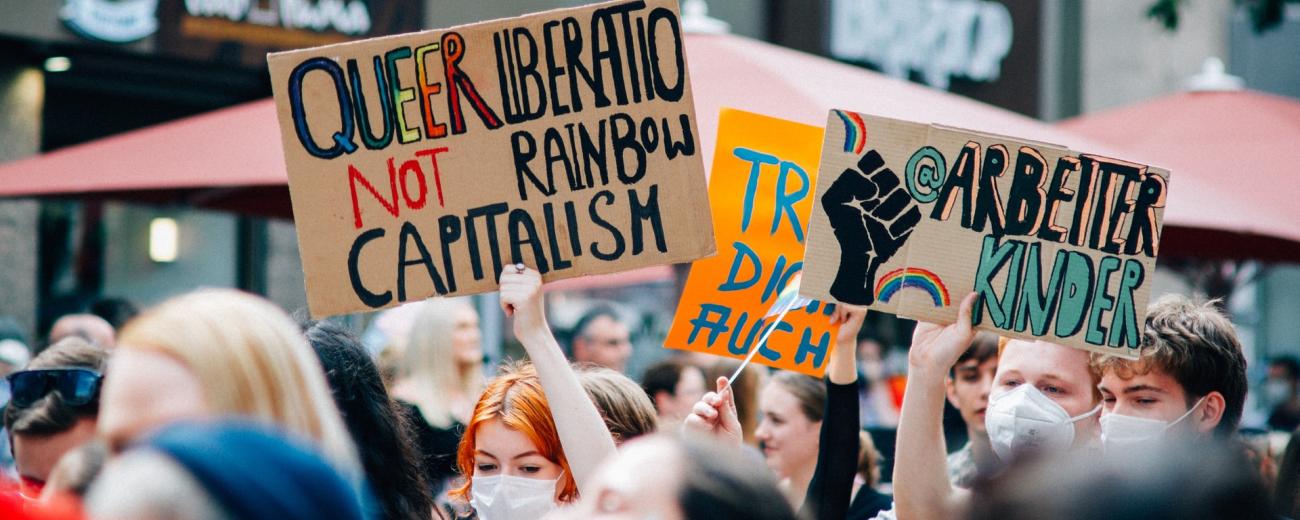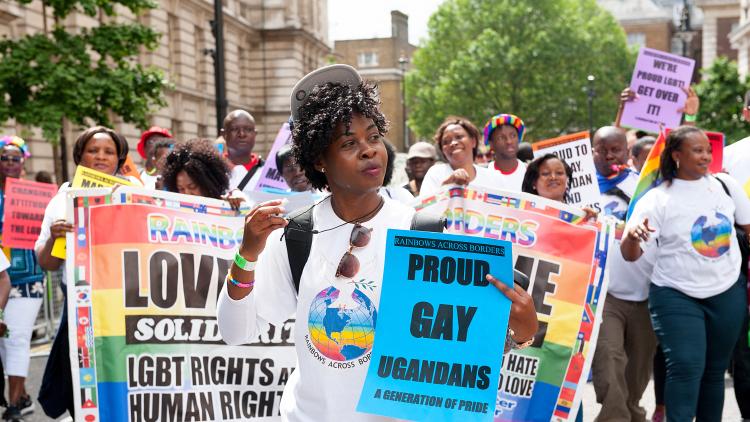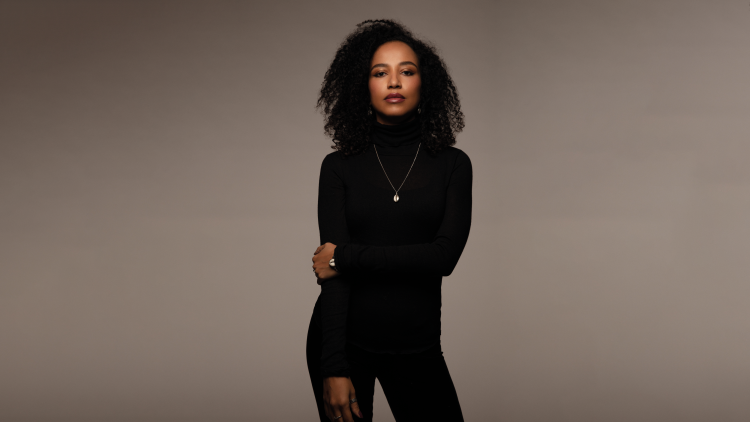MA Gender Studies


Key information
- Duration
- One calendar year (full-time). Two or three years (part-time, daytime only).
- Start of programme
- September
- Attendance mode
- Full-time or part-time
- Location
- Russell Square: College Buildings
- Course code
- L3S1
- Entry requirements
-
We will consider all applications with a 2:2 (or international equivalent) or higher in social science of humanities subject. In addition to degree classification we take into account other elements of the application such as supporting statement. References are optional, but can help build a stronger application if you fall below the 2:2 requirement or have non-traditional qualifications.
See international entry requirements and English language requirements
Course overview
The MA Gender Studies is our most popular programme and is unique not only in the UK but in the terrain of Gender Studies programmes across the Anglophone world.
With a focus on the study of Gender that attends to the complex specificities of Asia, Africa, the Middle East and their diasporas, this programme creates a cutting edge pedagogical space where students grapple with the limits of ‘Western’ and elite feminisms and tackle the problems of class violence, racism, transmisogny, Islamophobia, ableism and queerphobia in contemporary feminist political projects.
In addition to drawing on the interdisciplinary expertise of staff across all SOAS faculties, this MA in Gender Studies programme offers plenty of opportunities to participate in ongoing dialogues between various social justice movements and the University classroom. Drawing cohorts of students from Asia, Africa and the Middle East as well as the Global North, this programme offers students a chance like no other to forge connections to feminist movements, activists and thinkers situated across the world.
The SOAS MA in Gender Studies will appeal to students with a variety of backgrounds and objectives:
- Those coming from Women's Studies or Gender Studies who wish to engage more deeply with gender theory in relation to regional specialisation, especially, but not exclusively, the societies of Asia, Africa and the Middle East;
- Those coming from Asian, African or Middle Eastern Studies who wish to incorporate the study of gender into their own areas of expertise; and
- Those having previously trained in particular disciplines, such as Cultural and Media Studies, Religious Studies, Comparative Literature, History, Anthropology, Politics, etc. who wish to deepen their training in feminist knowledge production.
Why study MA Gender Sudies at SOAS?
- SOAS is ranked 6th in the UK for employability (QS World University Rankings 2023).
- Specialised research training MA in Gender Studies, perhaps including a relevant language. This pathway is suitable for students contemplating advanced postgraduate research in Gender Studies with regard to regional specialisation.
- A broad MA programme for students with some background in Women's Studies, Gender Studies, and Area Studies etc. who wish to enhance their knowledge of gender in relation to cross-cultural issues, with or without language study.
- A special interest MA, which enables students to study in depth gender issues in relation to a particular regional or disciplinary specialisation.
For more information email: genderstudies@soas.ac.uk.
Structure
The MA Gender Studies consists of one calendar year (full-time), or two or three years (part-time, daytime only).
Students must take 180 credits comprised of 120 taught credits (including core and option modules) and a 60 credit dissertation.
Important notice
The information on the programme page reflects the intended programme structure against the given academic session. If you are a current student you can find structure information on the previous year link at the top of the page or through your Department. Please read the important notice regarding changes to programmes and modules.
Dissertation
Taught component
Core modules
Please Note: Gender theory and the study of Asia, Africa and the Middle East (15PGNC002) needs to be completed successfully for the achievement of an exit award.
All students will take the following two core modules:
Guided options
All students will take the modules to the value of 30 credits from List 1 below
And
All students will take the modules to the value of 45 credits from List 2 below
Students may select 30 credits from SOAS online-learning modules. This is subject to approval from the programme convenor.
List of modules (subject to availability)
List 1
Please Note: 15PANH024 Issues in the Anthropology of Gender cannot be combined with 15PDSH010 Gender & Development
UCL optional module
Gender in Policy and Planning (15 credits)
Language options and PGT open modules
Language options and PGT open option modules may be taken
Teaching and learning
Students must take 180 credits comprised of 120 taught credits (including core and option modules) and a 60 credit dissertation.
Gender Theory and the Study of Asia, Africa, and the Middle East, are both compulsory courses for all students, in addition to Dissertation Methods in Gender Studies.
The MA in Gender Studies also offers a wide range of gender and gender-related courses from a comprehensive list offered by the Faculties of Languages and Cultures and Arts and Humanities.
The 12,000 word dissertation will be based on either the compulsory course or one of the component courses.
Learning resources
SOAS Library is one of the world's most important academic libraries for the study of Africa, Asia and the Middle East, attracting scholars from all over the world. The Library houses over 1.2 million volumes, together with significant archival holdings, special collections and a growing network of electronic resources.
Scholarships
Employment
Graduates leave SOAS with an enhanced knowledge of gender and sexuality across cultures, as well as a wide range of transferable skills. Gender Studies is highly regarded by employers across many sectors, as increasingly, policy makers, businesses and governing structures understand the need to engage with gender and sexuality.
Recent Gender Studies graduates have been hired by:
- ActionAid
- Amnesty International
- Association for Women’s Rights in Development
- Commission for Gender Equality
- Euromet Feminist Initiative
- International Organization for Migration
- International Rescue Committee
- Raising Films
- The Children’s Society
- The Guardian
Find out about our Careers Service





